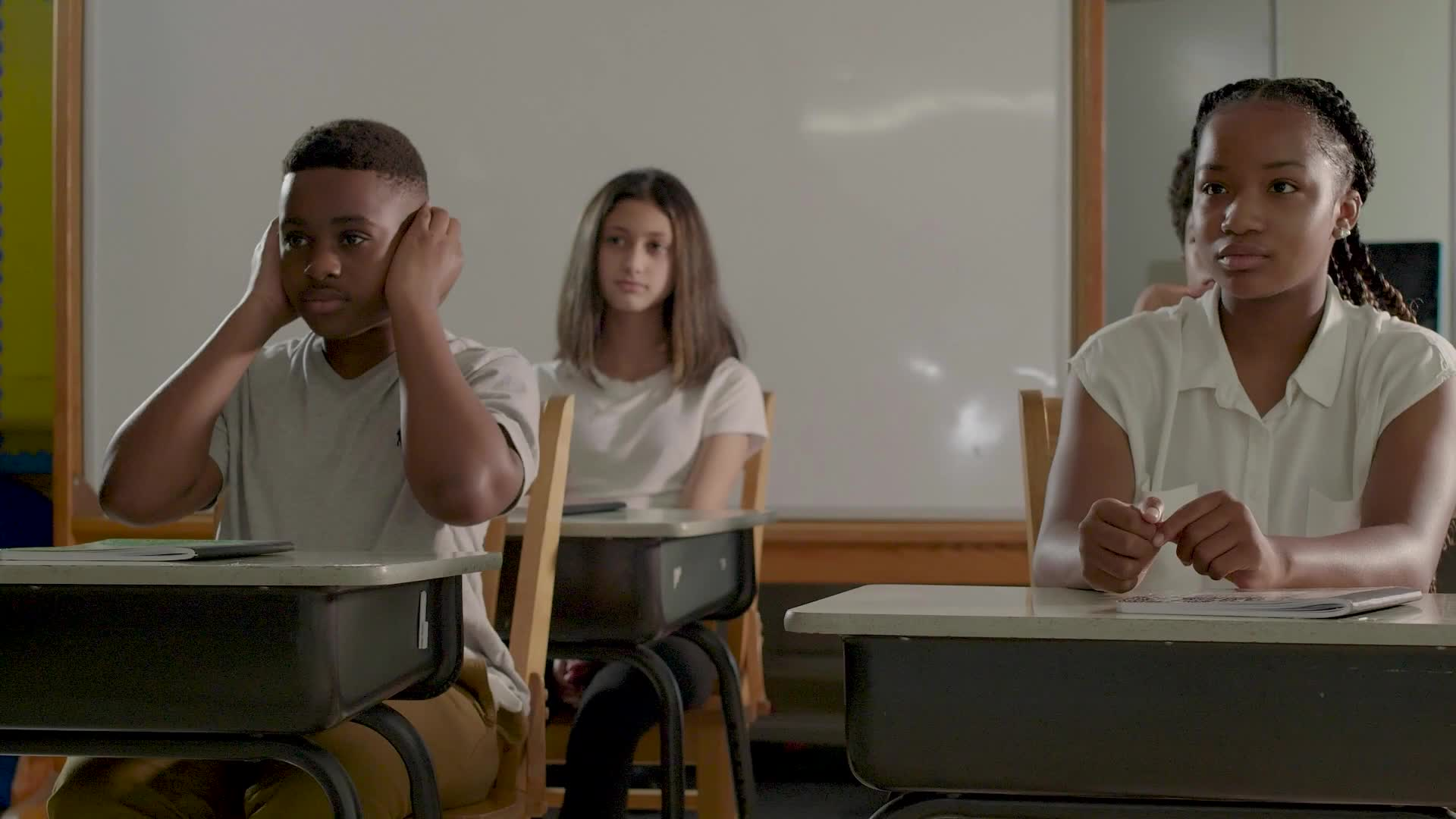
Introduction
One of the most important skills for students to develop is the ability to advocate for themselves in the classroom. This is especially true for students in Special Education. By teaching students how to effectively communicate their needs and emotions, we can empower them to maintain self-control and manage their feelings when they feel overwhelmed. In this blog post, we will discuss a no-prep activity that educators can use to help students practice self-advocacy and introduce the Self-Controller Scanner as a tool for students to stay in control of their emotions.
No-Prep Activity: Role-Playing Self-Advocacy
This activity requires no additional materials or preparation from the educator. To begin, have students pair up and take turns role-playing as both the student and the teacher. The student will practice advocating for themselves by expressing their needs and emotions, while the teacher will listen and respond appropriately. The goal is for students to practice using clear, respectful language and appropriate tone of voice to communicate their needs effectively.
Here are some scenarios to consider for role-playing:
- A student feels overwhelmed during a group activity and needs a break.
- A student is having difficulty understanding a concept and requires additional explanation.
- A student needs to use a specific tool or strategy to help them manage their emotions.
Discussion Questions
- How did it feel to advocate for yourself in the role-play activity? What challenges did you face?
- Why is it important to communicate our needs and emotions clearly and respectfully?
- What are some strategies you can use to help you maintain self-control when you feel overwhelmed?
- How can you tell when it’s the best time and place to speak up for yourself in the classroom?
- What are some phrases you can use to effectively communicate your needs to your teacher or peers?
Related Skills
There are several other skills that are essential for students in Special Education to develop alongside self-advocacy. Some of these skills include:
- Active listening: Paying close attention to what others are saying and responding thoughtfully.
- Emotion regulation: Identifying, understanding, and managing one’s emotions in a healthy way.
- Conflict resolution: Addressing and resolving disagreements or misunderstandings in a respectful and constructive manner.
- Assertiveness: Standing up for one’s rights and expressing oneself in a confident and respectful manner.
Next Steps
Now that you have learned about the importance of self-advocacy in the classroom and how to implement a no-prep activity to help students practice this skill, it’s time to explore more resources to support their social-emotional learning journey. We encourage you to sign up for free samples of our skill-based materials and other resources at Everyday Speech. These materials will provide additional tools and strategies to help students develop self-advocacy skills and manage their emotions effectively.

